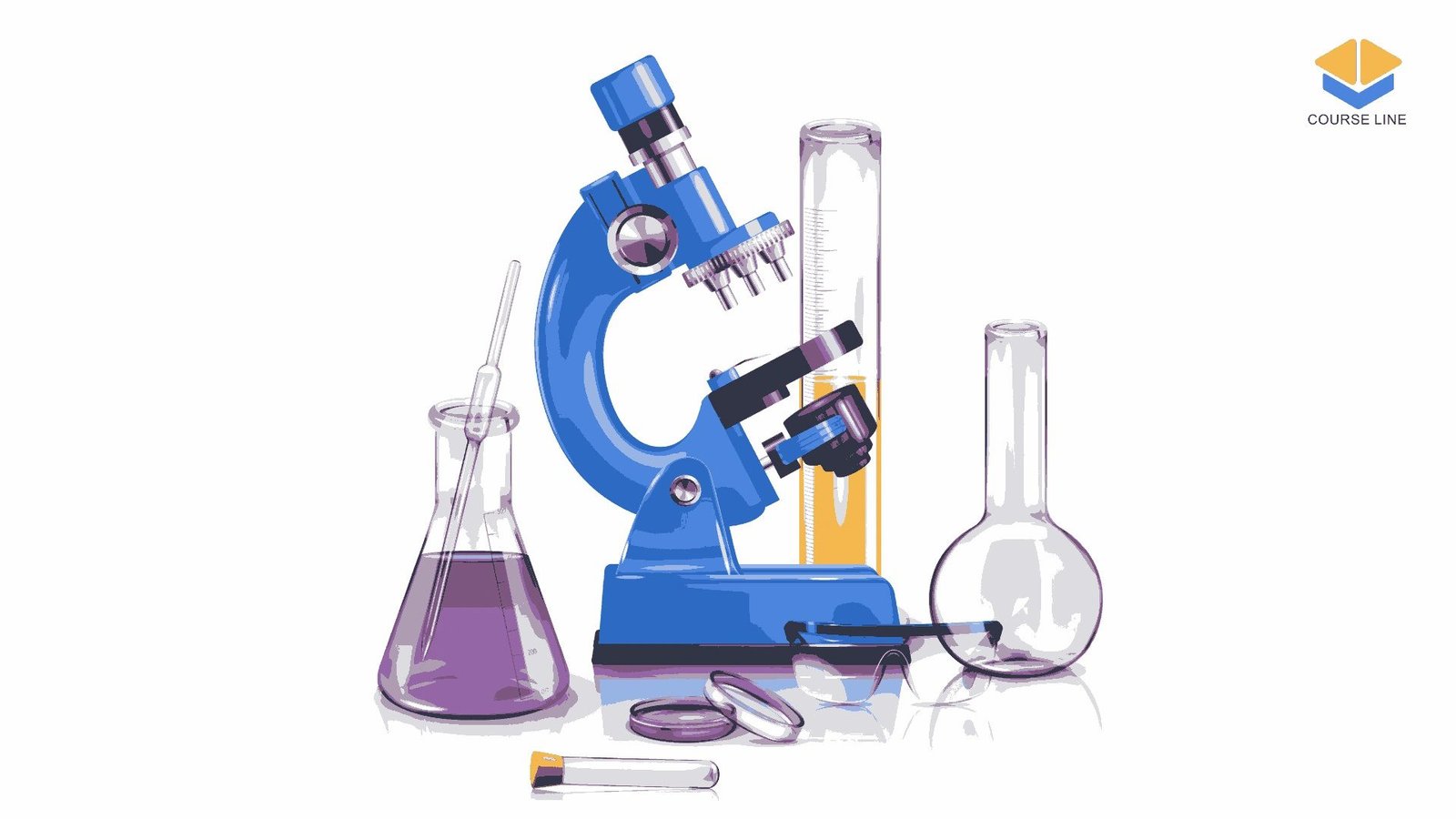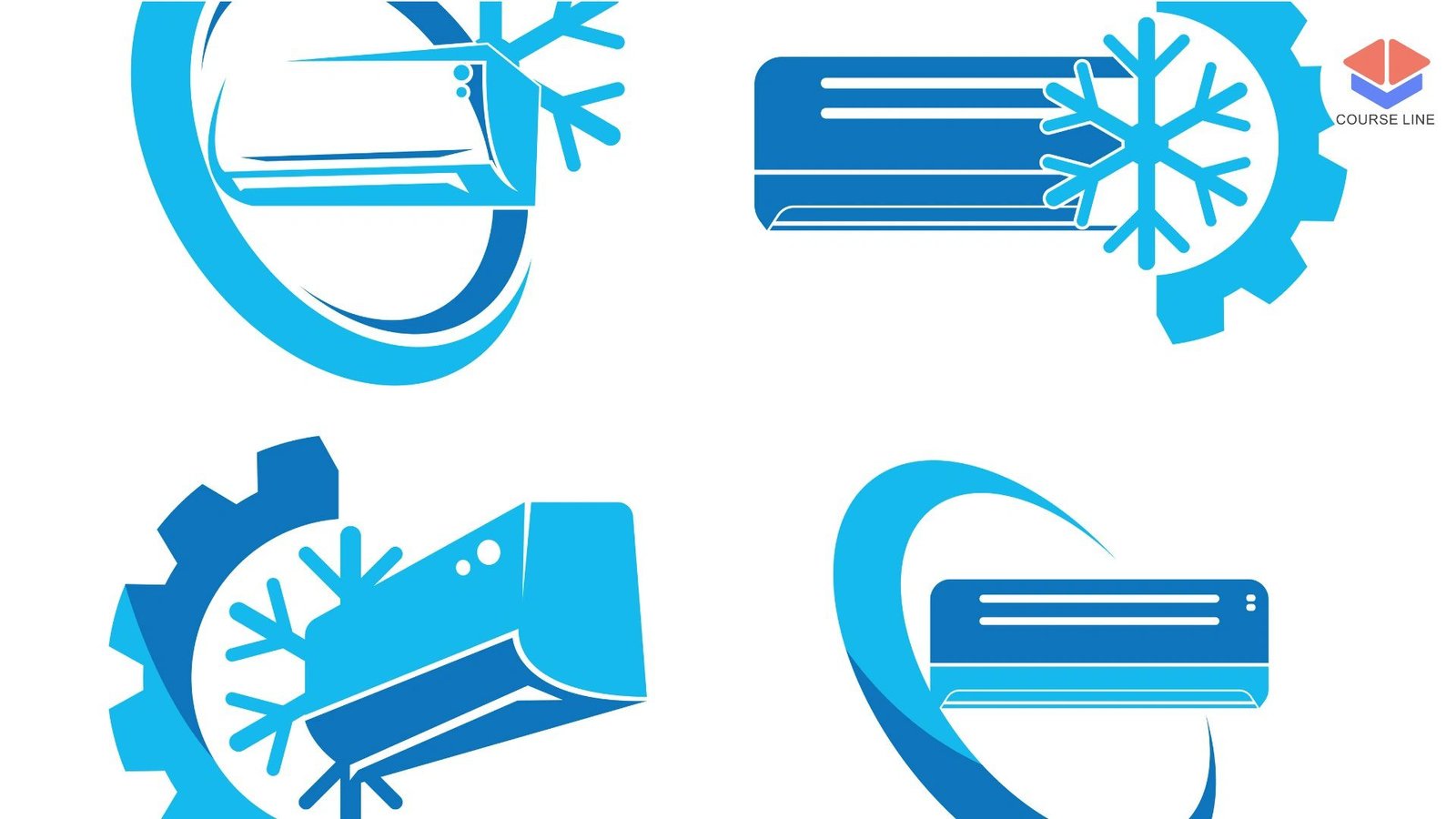Graduates of the Biochemistry Level 3 Advanced Diploma can pursue a wide range of career opportunities in various scientific fields. Career paths include roles as biochemists, laboratory technicians, research assistants, or positions in pharmaceutical or biotechnology companies. Further studies in biochemistry, molecular biology, or related fields can lead to advanced research positions or academic careers. Other career opportunities include positions in healthcare, genetics, forensics, and bioinformatics, where biochemistry expertise is crucial for research, diagnosis, and treatment development. Continuing professional development, including certifications and higher education, can further enhance career prospects in the growing field of biochemistry.
Course Features
Price
Study Method
Online | Self-paced
Course Format
Reading Material - PDF, article
Duration
6 hours, 55 minutes
Qualification
No formal qualification
Certificate
At completion
Additional info
Coming soon
- Share
Overview
The Biochemistry Level 3 Advanced Diploma offers a deep dive into the molecular foundations of life, making it an essential program for anyone interested in pursuing a career in biochemistry, biotechnology, or related scientific fields. The course begins with an introduction to biochemistry, covering the structure and function of biomolecules such as proteins, nucleic acids, lipids, and carbohydrates, as well as cellular structures and molecular biology basics.
As the course progresses, students will engage in biochemical techniques, such as spectrophotometry, chromatography, and gel electrophoresis, which are fundamental for conducting experiments and analyzing results. The study of metabolism and bioenergetics is an integral part of the curriculum, where students will examine biochemical pathways like glycolysis, the Krebs cycle, oxidative phosphorylation, and photosynthesis, along with the critical role of ATP in energy transfer.
Further, students will explore molecular genetics, including DNA replication, transcription, translation, and recombinant DNA technology. The course also delves into enzyme function and kinetics, biochemical signaling, and the role of hormones in cellular communication. By examining disease biochemistry, students will gain insight into genetic and metabolic disorders, cancer biology, and current therapeutic approaches.
Advanced topics such as proteomics, genomics, and bioinformatics will equip students with the tools necessary to explore emerging trends in biochemistry. The course culminates in an independent research project, where students will design experiments, analyze data, and present their findings, providing practical experience and enhancing their professional skill set.
Who is this course for?
The Biochemistry Level 3 Advanced Diploma offers a deep dive into the molecular foundations of life, making it an essential program for anyone interested in pursuing a career in biochemistry, biotechnology, or related scientific fields. The course begins with an introduction to biochemistry, covering the structure and function of biomolecules such as proteins, nucleic acids, lipids, and carbohydrates, as well as cellular structures and molecular biology basics.
As the course progresses, students will engage in biochemical techniques, such as spectrophotometry, chromatography, and gel electrophoresis, which are fundamental for conducting experiments and analyzing results. The study of metabolism and bioenergetics is an integral part of the curriculum, where students will examine biochemical pathways like glycolysis, the Krebs cycle, oxidative phosphorylation, and photosynthesis, along with the critical role of ATP in energy transfer.
Further, students will explore molecular genetics, including DNA replication, transcription, translation, and recombinant DNA technology. The course also delves into enzyme function and kinetics, biochemical signaling, and the role of hormones in cellular communication. By examining disease biochemistry, students will gain insight into genetic and metabolic disorders, cancer biology, and current therapeutic approaches.
Advanced topics such as proteomics, genomics, and bioinformatics will equip students with the tools necessary to explore emerging trends in biochemistry. The course culminates in an independent research project, where students will design experiments, analyze data, and present their findings, providing practical experience and enhancing their professional skill set.
Graduates of the Biochemistry Level 3 Advanced Diploma can pursue a wide range of career opportunities in various scientific fields. Career paths include roles as biochemists, laboratory technicians, research assistants, or positions in pharmaceutical or biotechnology companies. Further studies in biochemistry, molecular biology, or related fields can lead to advanced research positions or academic careers. Other career opportunities include positions in healthcare, genetics, forensics, and bioinformatics, where biochemistry expertise is crucial for research, diagnosis, and treatment development. Continuing professional development, including certifications and higher education, can further enhance career prospects in the growing field of biochemistry.
Requirements
The Biochemistry Level 3 Advanced Diploma offers a deep dive into the molecular foundations of life, making it an essential program for anyone interested in pursuing a career in biochemistry, biotechnology, or related scientific fields. The course begins with an introduction to biochemistry, covering the structure and function of biomolecules such as proteins, nucleic acids, lipids, and carbohydrates, as well as cellular structures and molecular biology basics.
As the course progresses, students will engage in biochemical techniques, such as spectrophotometry, chromatography, and gel electrophoresis, which are fundamental for conducting experiments and analyzing results. The study of metabolism and bioenergetics is an integral part of the curriculum, where students will examine biochemical pathways like glycolysis, the Krebs cycle, oxidative phosphorylation, and photosynthesis, along with the critical role of ATP in energy transfer.
Further, students will explore molecular genetics, including DNA replication, transcription, translation, and recombinant DNA technology. The course also delves into enzyme function and kinetics, biochemical signaling, and the role of hormones in cellular communication. By examining disease biochemistry, students will gain insight into genetic and metabolic disorders, cancer biology, and current therapeutic approaches.
Advanced topics such as proteomics, genomics, and bioinformatics will equip students with the tools necessary to explore emerging trends in biochemistry. The course culminates in an independent research project, where students will design experiments, analyze data, and present their findings, providing practical experience and enhancing their professional skill set.
Graduates of the Biochemistry Level 3 Advanced Diploma can pursue a wide range of career opportunities in various scientific fields. Career paths include roles as biochemists, laboratory technicians, research assistants, or positions in pharmaceutical or biotechnology companies. Further studies in biochemistry, molecular biology, or related fields can lead to advanced research positions or academic careers. Other career opportunities include positions in healthcare, genetics, forensics, and bioinformatics, where biochemistry expertise is crucial for research, diagnosis, and treatment development. Continuing professional development, including certifications and higher education, can further enhance career prospects in the growing field of biochemistry.
Career path
The Biochemistry Level 3 Advanced Diploma offers a deep dive into the molecular foundations of life, making it an essential program for anyone interested in pursuing a career in biochemistry, biotechnology, or related scientific fields. The course begins with an introduction to biochemistry, covering the structure and function of biomolecules such as proteins, nucleic acids, lipids, and carbohydrates, as well as cellular structures and molecular biology basics.
As the course progresses, students will engage in biochemical techniques, such as spectrophotometry, chromatography, and gel electrophoresis, which are fundamental for conducting experiments and analyzing results. The study of metabolism and bioenergetics is an integral part of the curriculum, where students will examine biochemical pathways like glycolysis, the Krebs cycle, oxidative phosphorylation, and photosynthesis, along with the critical role of ATP in energy transfer.
Further, students will explore molecular genetics, including DNA replication, transcription, translation, and recombinant DNA technology. The course also delves into enzyme function and kinetics, biochemical signaling, and the role of hormones in cellular communication. By examining disease biochemistry, students will gain insight into genetic and metabolic disorders, cancer biology, and current therapeutic approaches.
Advanced topics such as proteomics, genomics, and bioinformatics will equip students with the tools necessary to explore emerging trends in biochemistry. The course culminates in an independent research project, where students will design experiments, analyze data, and present their findings, providing practical experience and enhancing their professional skill set.
Graduates of the Biochemistry Level 3 Advanced Diploma can pursue a wide range of career opportunities in various scientific fields. Career paths include roles as biochemists, laboratory technicians, research assistants, or positions in pharmaceutical or biotechnology companies. Further studies in biochemistry, molecular biology, or related fields can lead to advanced research positions or academic careers. Other career opportunities include positions in healthcare, genetics, forensics, and bioinformatics, where biochemistry expertise is crucial for research, diagnosis, and treatment development. Continuing professional development, including certifications and higher education, can further enhance career prospects in the growing field of biochemistry.
-
- Overview of Biochemistry 00:10:00
- Biomolecules (Proteins, Nucleic Acids, Lipids, Carbohydrates) 00:10:00
- Cellular Structures and Functions 00:10:00
- Molecular Biology Basics 00:10:00
-
- Laboratory Safety and Equipment 00:10:00
- Spectrophotometry and Chromatography 00:10:00
- Gel Electrophoresis 00:10:00
- Enzyme Kinetics and Assays 00:10:00
- Biochemical Pathways (Glycolysis, Krebs Cycle, Oxidative) 00:10:00
- Cellular Respiration 00:10:00
- Photosynthesis 00:10:00
- ATP and Energy Transfer 00:10:00
- Enzyme Structure and Function 00:10:00
- Enzyme Kinetics and Inhibition 00:10:00
- Mechanisms of Enzyme Catalysis 00:10:00
- Clinical Enzymology 00:10:00
- Genetic Disorders 00:10:00
- Metabolic Disorders 00:10:00
- Cancer Biology 00:10:00
- Therapeutic Approaches 00:10:00
- Independent Research Project 00:10:00
- Experimental Design and Data Analysis 00:10:00
- Research Presentation 00:10:00
- Premium Certificate 00:15:00

No Reviews found for this course.
Is this certificate recognized?
Yes, our premium certificate and transcript are widely recognized and accepted by embassies worldwide, particularly by the UK embassy. This adds credibility to your qualification and enhances its value for professional and academic purposes.
I am a beginner. Is this course suitable for me?
Yes, this course is designed for learners of all levels, including beginners. The content is structured to provide step-by-step guidance, ensuring that even those with no prior experience can follow along and gain valuable knowledge.
I am a professional. Is this course suitable for me?
Yes, professionals will also benefit from this course. It covers advanced concepts, practical applications, and industry insights that can help enhance existing skills and knowledge. Whether you are looking to refine your expertise or expand your qualifications, this course provides valuable learning.
Does this course have an expiry date?
No, you have lifetime access to the course. Once enrolled, you can revisit the materials at any time as long as the course remains available. Additionally, we regularly update our content to ensure it stays relevant and up to date.
How do I claim my free certificate?
I trust you’re in good health. Your free certificate can be located in the Achievement section. The option to purchase a CPD certificate is available but entirely optional, and you may choose to skip it. Please be aware that it’s crucial to click the “Complete” button to ensure the certificate is generated, as this process is entirely automated.
Does this course have assessments and assignments?
Yes, the course includes both assessments and assignments. Your final marks will be determined by a combination of 20% from assignments and 80% from assessments. These evaluations are designed to test your understanding and ensure you have grasped the key concepts effectively.
Is this course accredited?
We are a recognized course provider with CPD, UKRLP, and AOHT membership. The logos of these accreditation bodies will be featured on your premium certificate and transcript, ensuring credibility and professional recognition.
Will I receive a certificate upon completion?
Yes, you will receive a free digital certificate automatically once you complete the course. If you would like a premium CPD-accredited certificate, either in digital or physical format, you can upgrade for a small fee.
Course Features
Price
Study Method
Online | Self-paced
Course Format
Reading Material - PDF, article
Duration
6 hours, 55 minutes
Qualification
No formal qualification
Certificate
At completion
Additional info
Coming soon
- Share
Air Conditioning Level 3 Advanced Diploma
Course Line239£490.00Original price was: £490.00.£14.99Current price is: £14.99.Essential Academic English Prefixes & Suffixes – Learn English for IELTS, TOEFL, and Beyond
Course Line237£490.00Original price was: £490.00.£14.99Current price is: £14.99.





